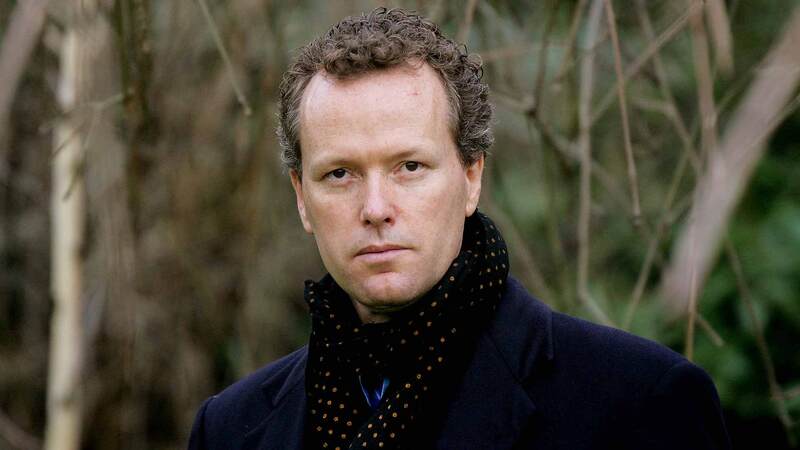You are viewing your 1 free article this month. Login to read more articles.
Jilly Cooper believes literary fiction should not receive state funding
Author Jilly Cooper has said that literary fiction should not receive state support, arguing instead that the money would be better spent on the declining newspaper industry.
She was speaking on BBC Radio 4's "Today" programme on Wednesday (3rd January) along with Henry Sutton, senior lecturer in creative writing at the University of East Anglia, about the findings of Arts Council England's (ACE) report on the decline of the genre. The investigation, entitled ‘Literature in the 21st Century: Understanding Models of Support for Literary Fiction', found that “the general trend for literary fiction is a negative one”. To counter the problem, ACE pledged to engage with more bookshops, fund more writers and lobby the government to provide tax relief to independent publishers.
Speaking on the "Today" programme, Cooper said that other forms of writing, such as journalism, were more in need of investment than literary fiction.
When asked whether authors of literary works should receive state subsidies, Cooper said: “No, I don’t…I don’t deserve it because I make a bit by myself anyway… they say literary fiction but what about poetry, what about scriptwriters, what about poor journalists who are being sacked. All the local newspapers are closing down - we've heard so many going locally and journalists being sacked just before Christmas. I think newspapers is where people learn to write so I don’t think literary fiction should be picked out especially.”
However, Sutton, who also writes as crime author ‘Henry Brett’, disagreed, saying that "literary fiction, as indeed all fiction, should be supported, heavily in fact”.
“Studies have actually proven that literary fiction helps people’s understanding and their perspectives of empathy," he said. "Why wouldn’t you want to try to enable society and enhance a culture, and one particularly we have such history and heritage with, with some form of state support?”
“Grass roots” support for literary fiction from education upwards was needed, he said. “You have to support writers, you have to support readers and it begins with education and it comes up from there," Sutton argued. "In fact, to use a football analogy, there is a lot of discussion about how English football is not supported at the grass-roots level, well, is reading supported at the grass roots level, is writing supported at the grass-roots level?”
Both writers lamented the loss of public libraries, described as “tragic” by Cooper. Sutton also touched on the issues of diversity and inclusion. He said: “If the poor libraries were better funded, better supported… books should be free to so many people. And in a way, it doesn’t cost a lot of money to sit there and write a book but what it does cost is time.”
Cooper was recently awarded a CBE for services to literature and charity.


















